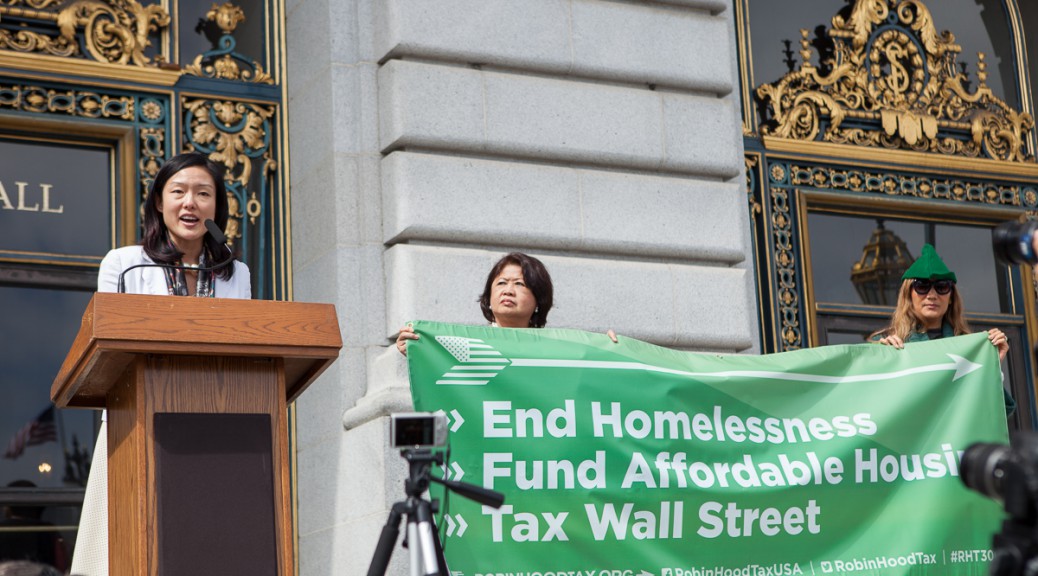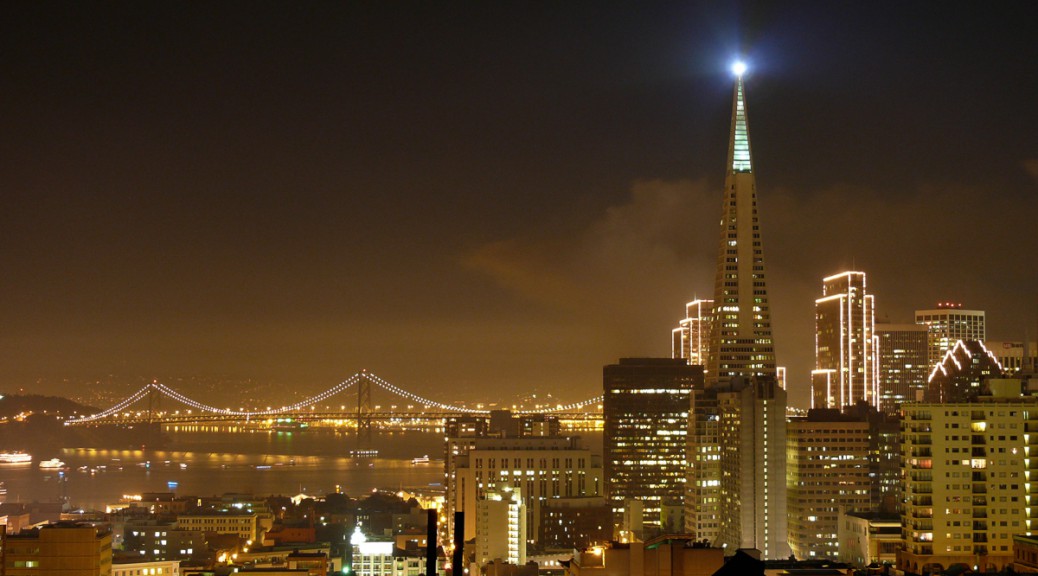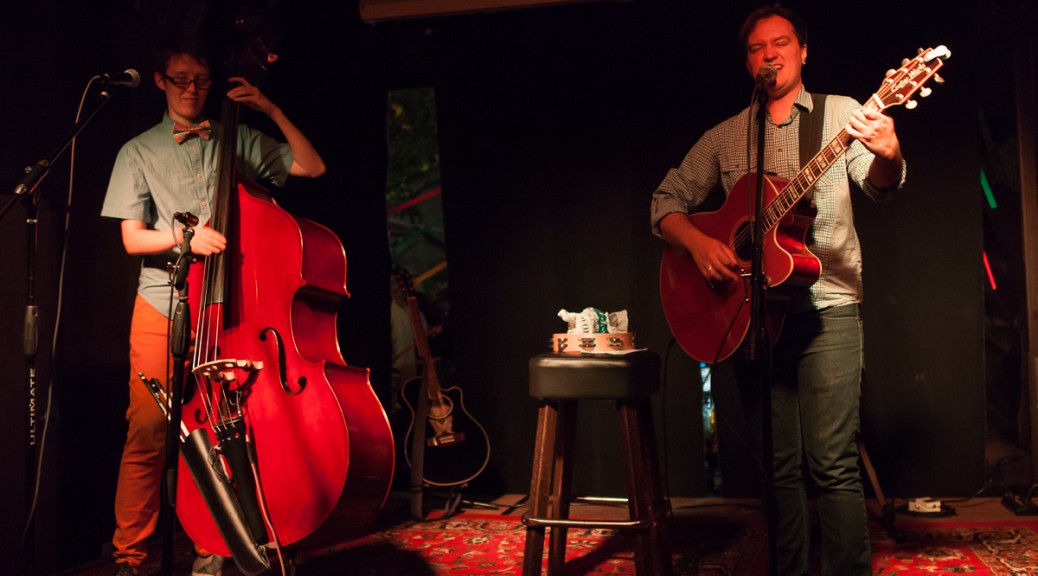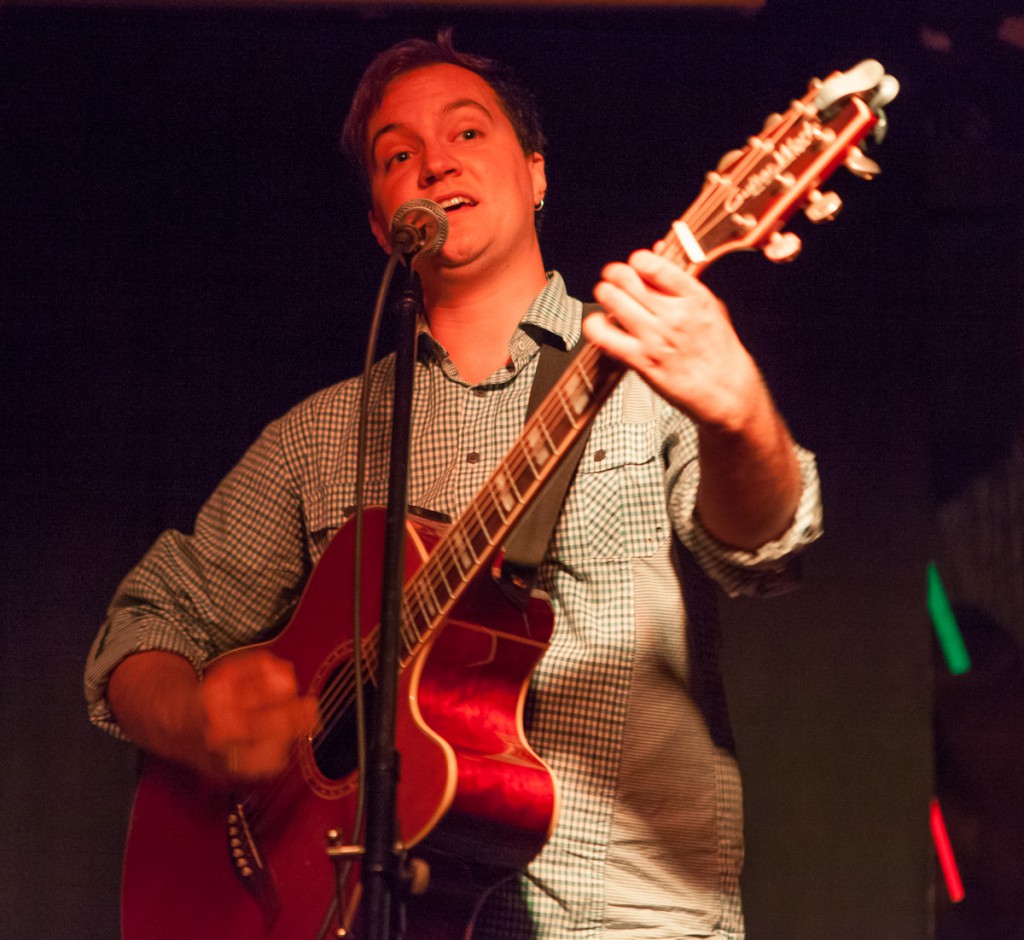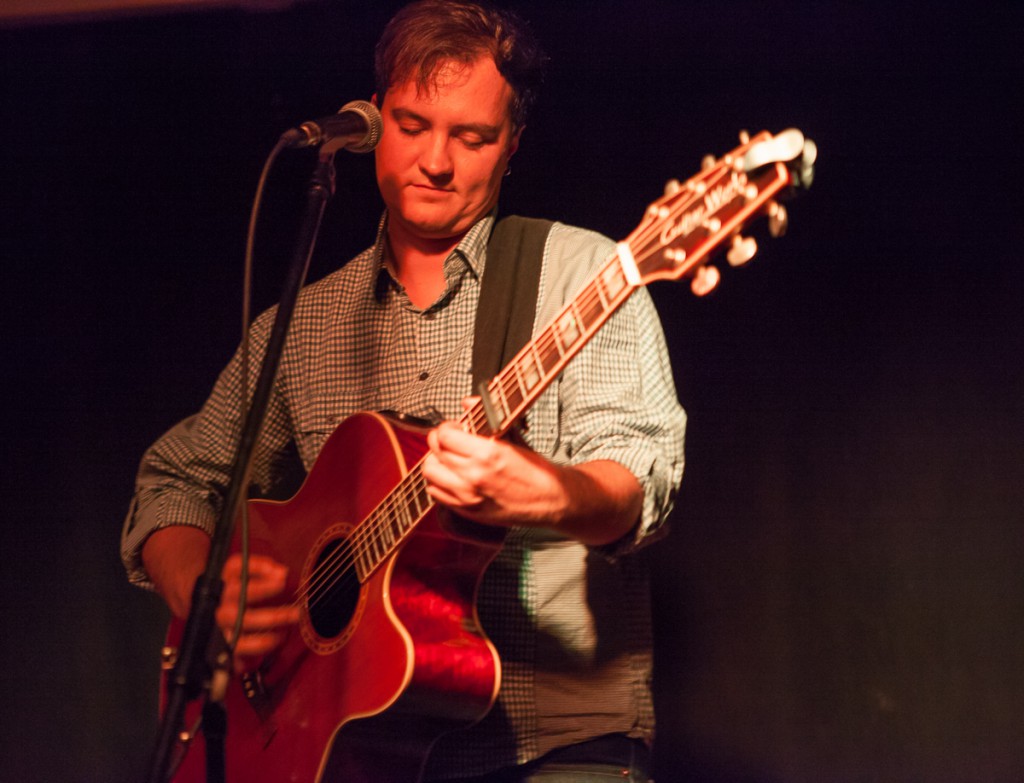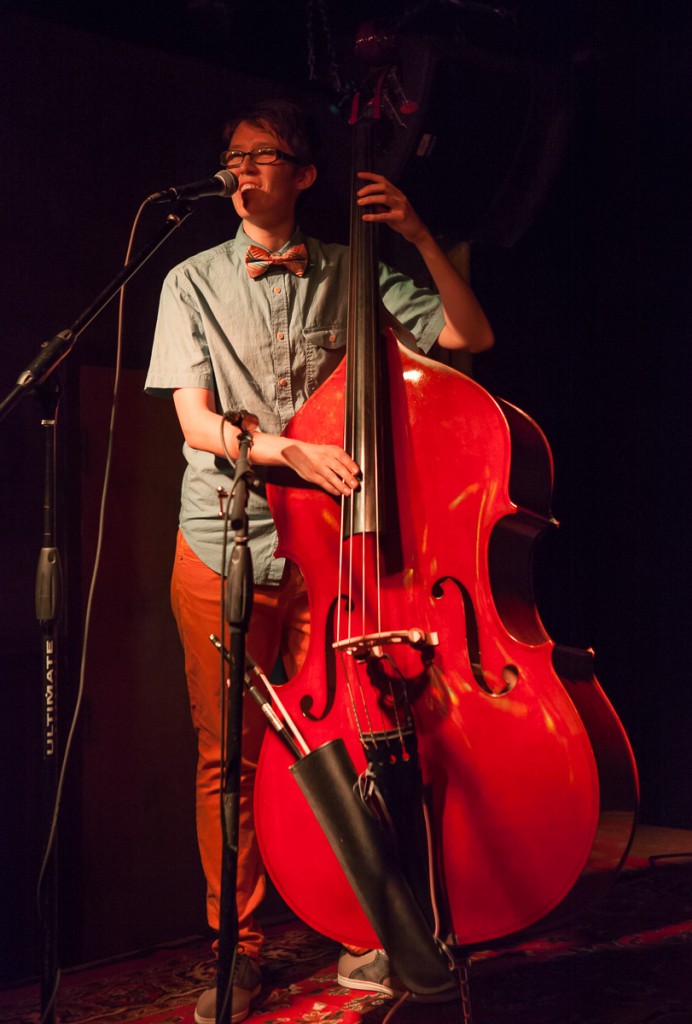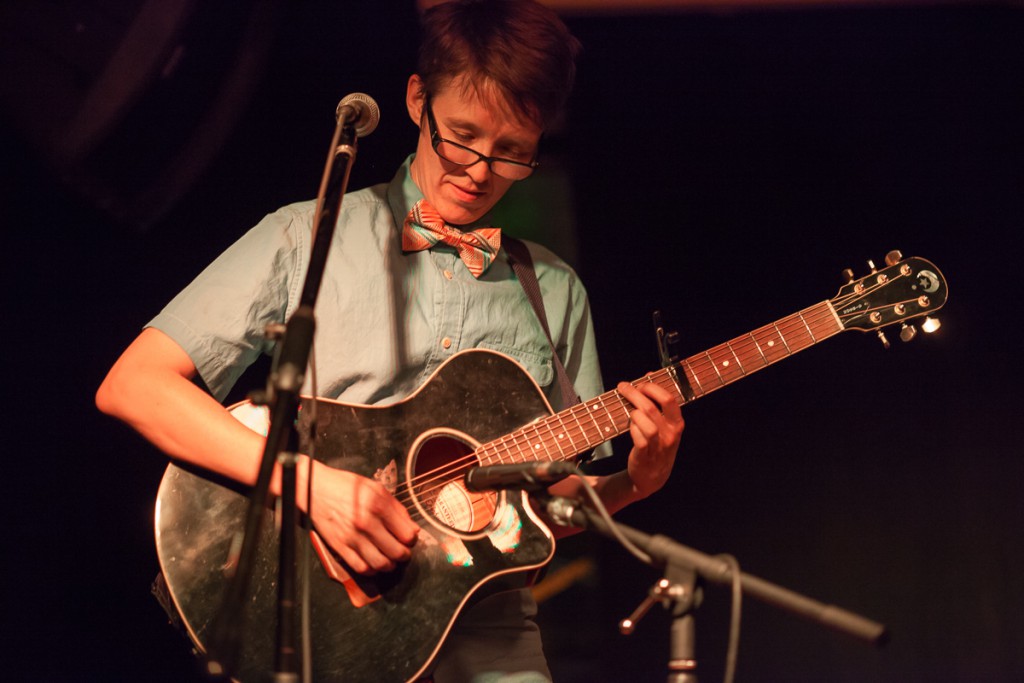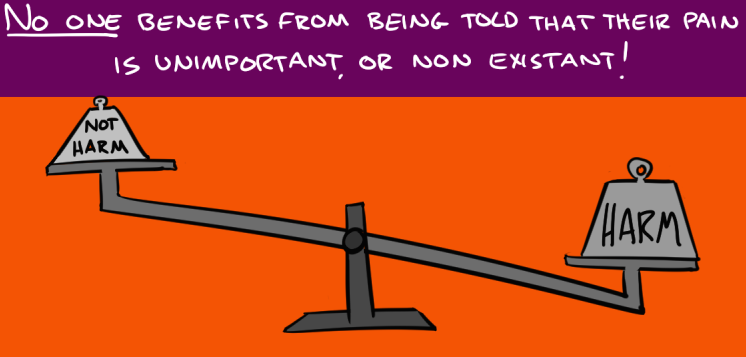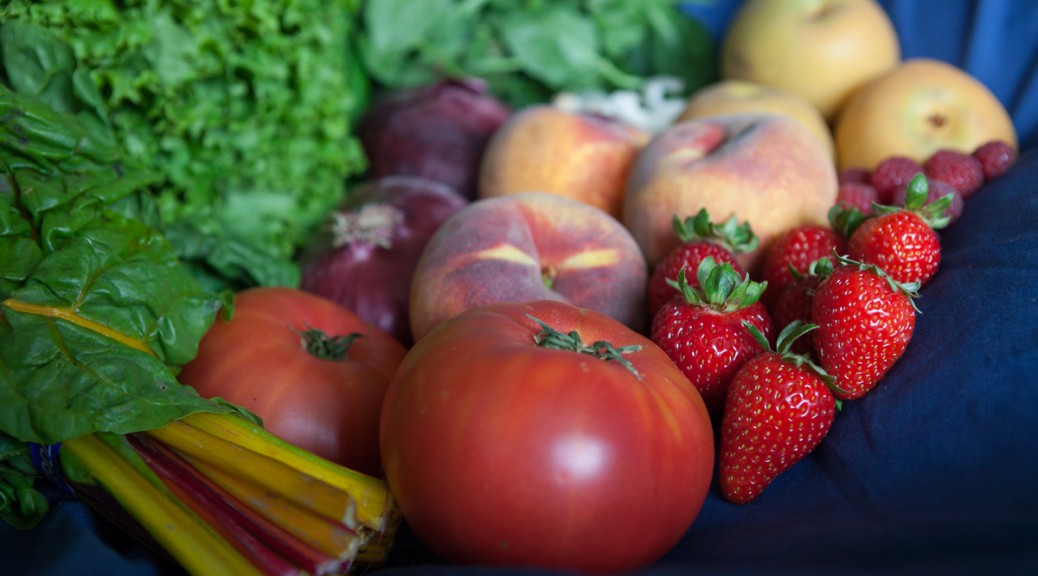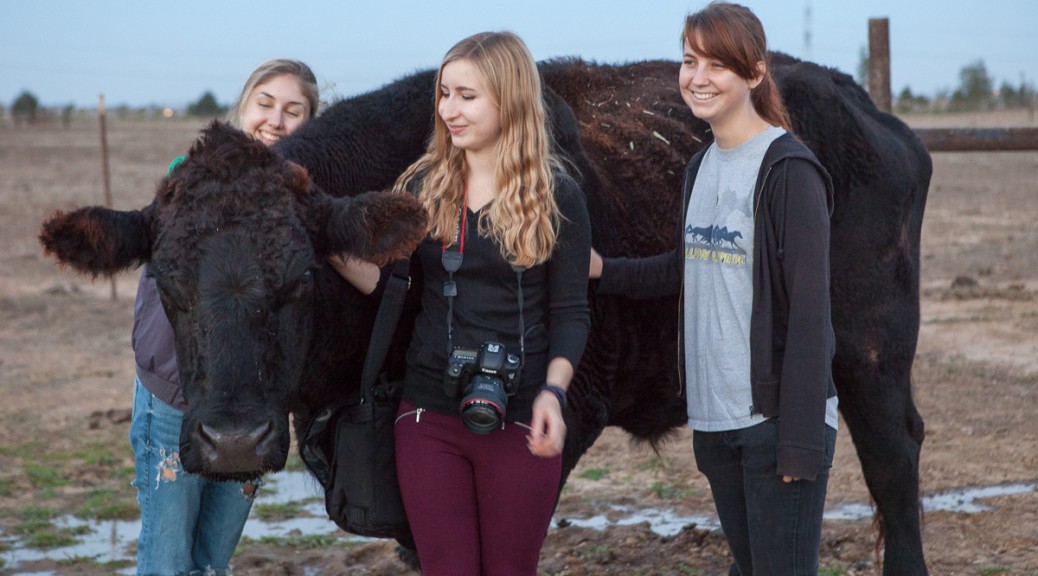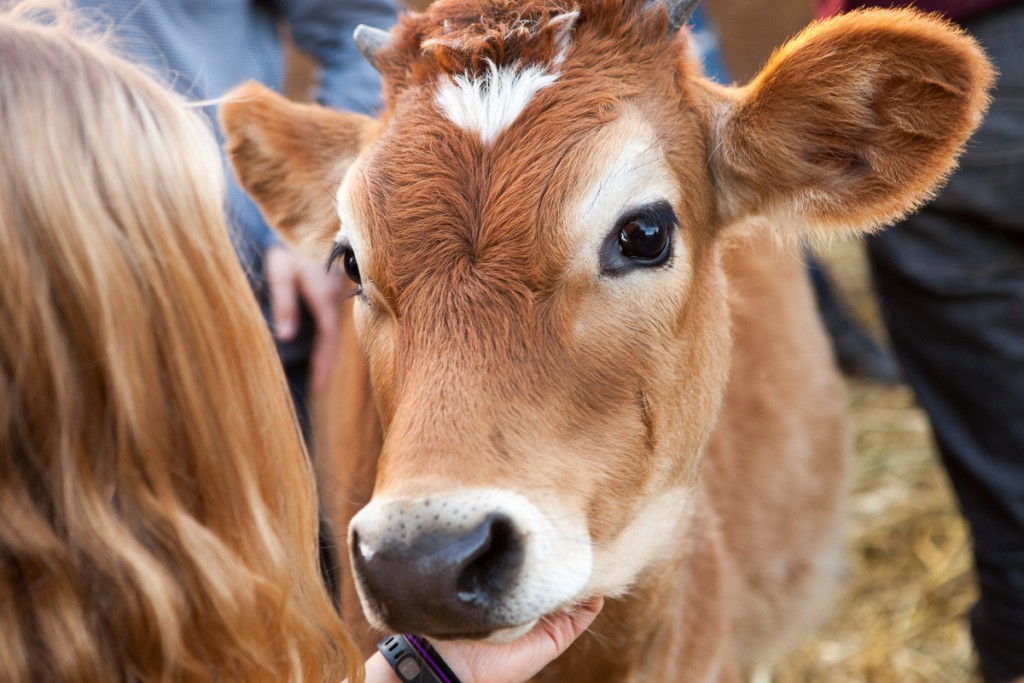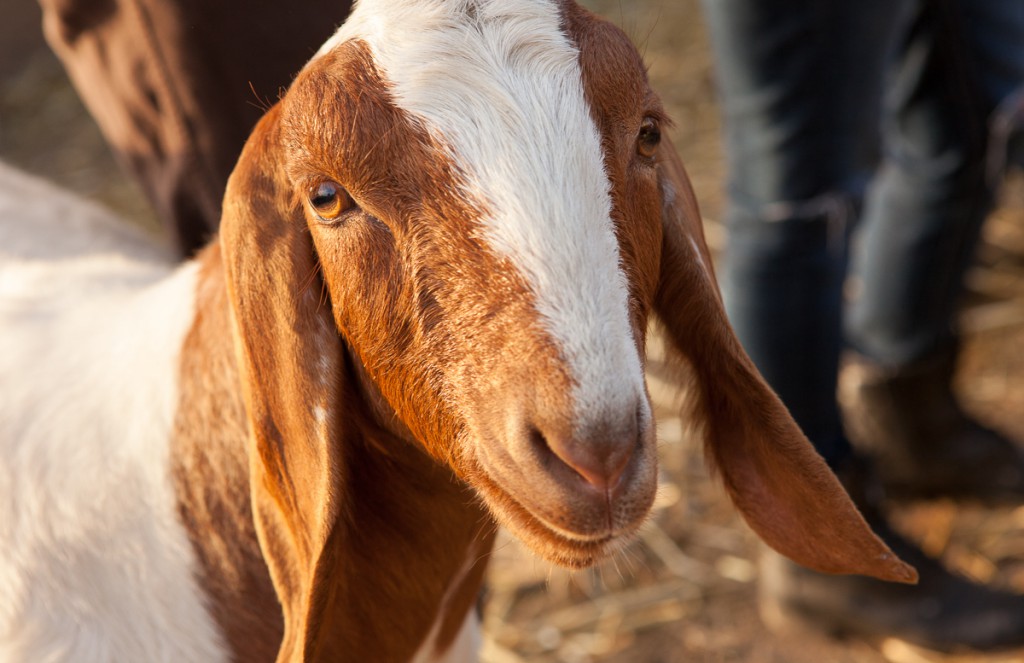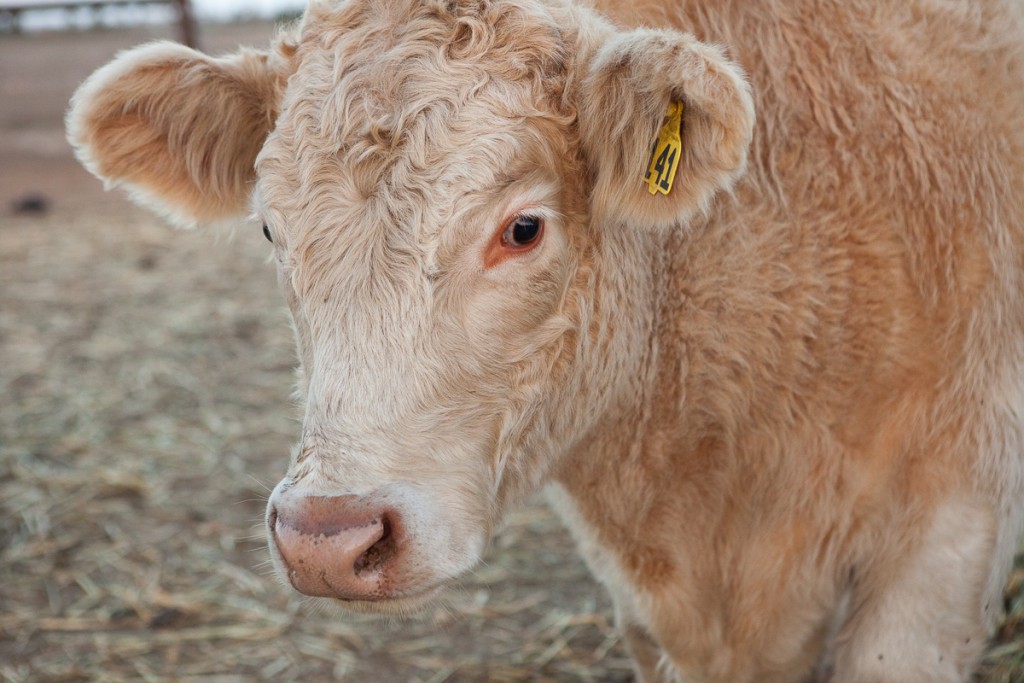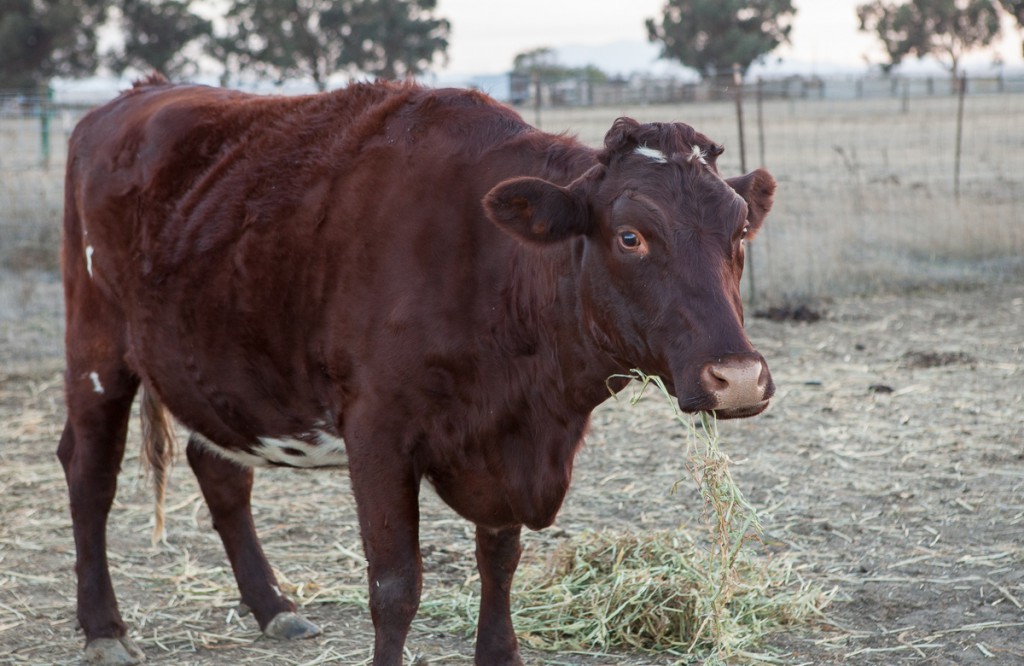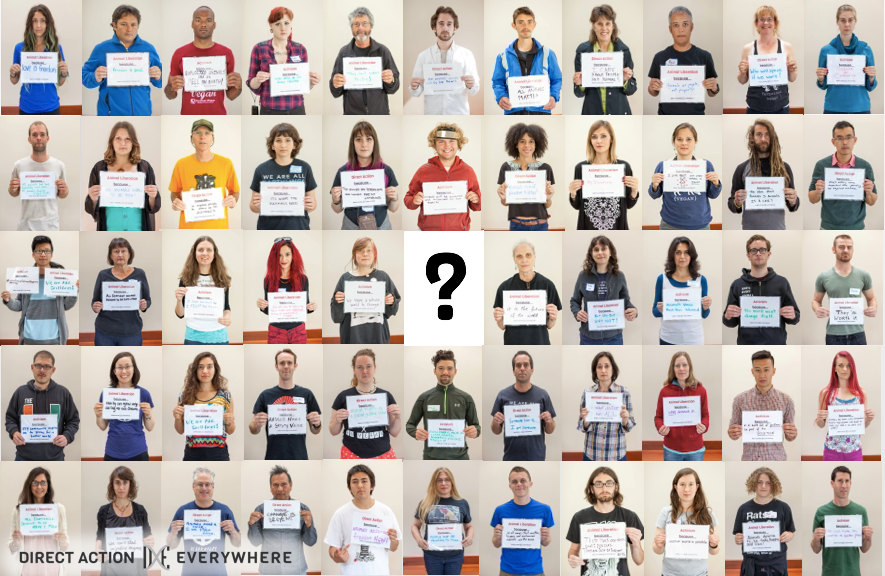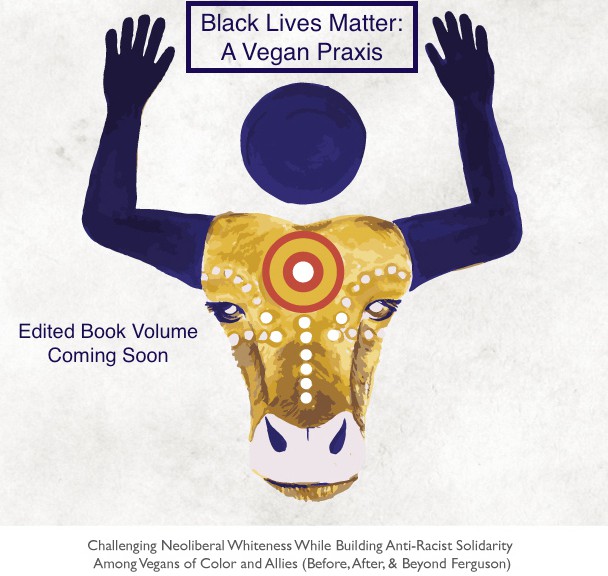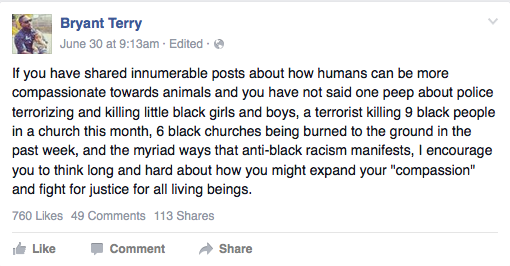[Image: San Francisco Supervisor Jane Kim speaks at a podium on the steps of City Hall. Two people next to her hold a banner reading “End Homelessness | Fund Affordable Housing | Tax Wall Street.”]
Continuing with my exploration of gentrification, yesterday I attended a rally at San Francisco City Hall for the stated purpose of “Ending homelessness, funding affordable housing, and passing the Robin Hood Tax.” Speakers included representatives from Jobs with Justice, Plaza 16 Coalition, AIDS Housing Alliance/SF, Coalition on Homelessness, South of Market Community Action Network (SOMCAN), and the San Francisco Board of Supervisors.
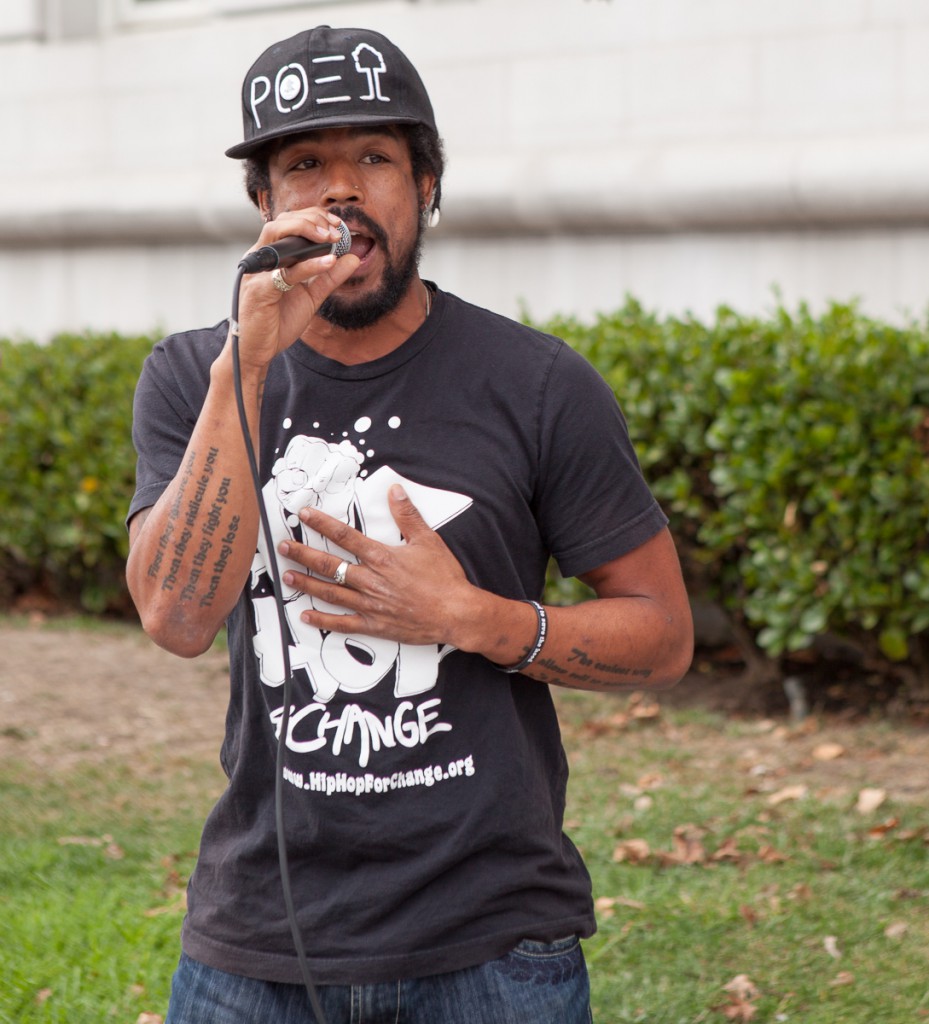
[Image: Khafre Jay raps into a microphone. His shirt reads “Hip Hop for Change.”]
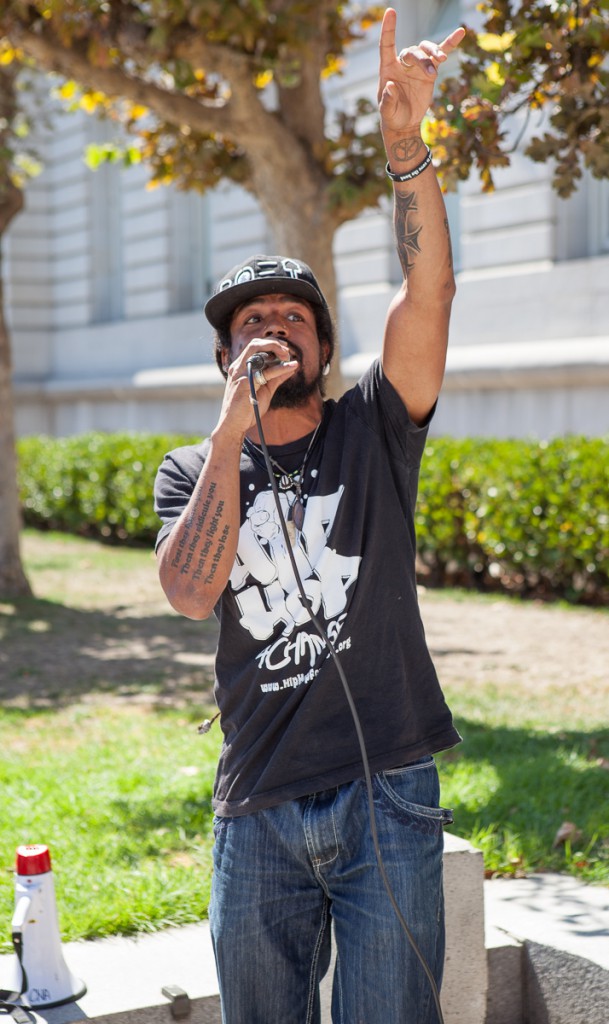
[Image: Khafre Jay raps into a microphone, left arm upraised.]
The rally began and ended with hip-hop performances by Khafre Jay, founder and executive director of Hip Hop for Change. I haven’t listened to this genre much, but I enjoyed the performance, and appreciate the group’s mission to end the stereotyping of this music and use it as a tool for grassroots activism.
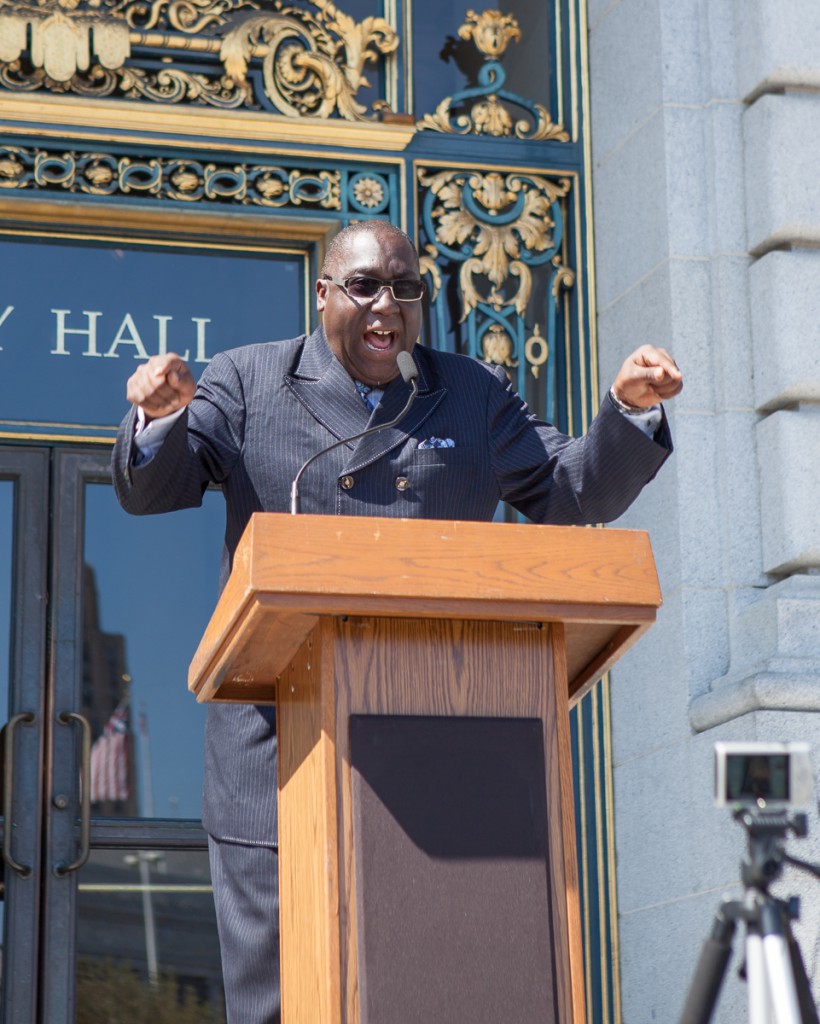
[Image: Pastor Yul Dorn speaks at a podium outside San Francisco City Hall.]
One of the speakers at the rally was Yul Dorn, a pastor at Emmanuel Church who has been directly affected by gentrification in the Bayview. He said proudly and defiantly that he isn’t getting kicked out of his home.
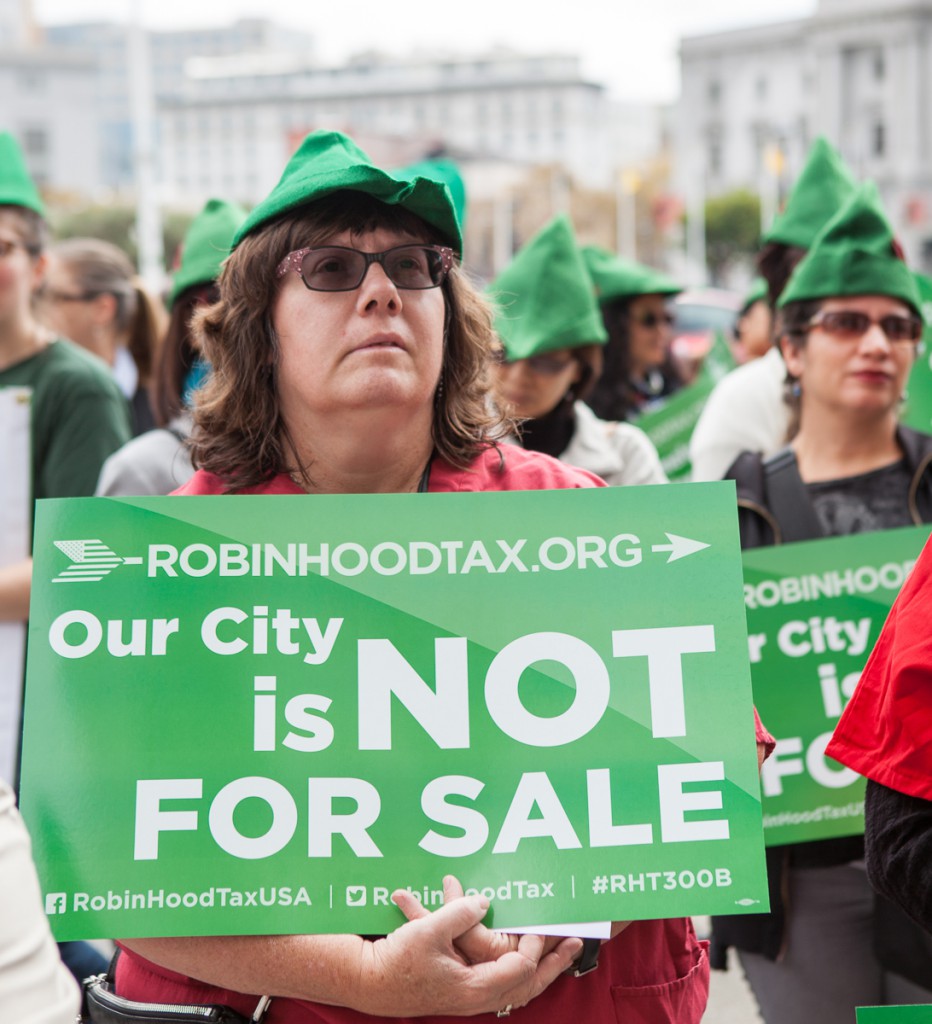
[Image: A crowd of people wearing green hats and holding green signs reading “RobinHoodTax.org | Our City is Not for Sale.”]
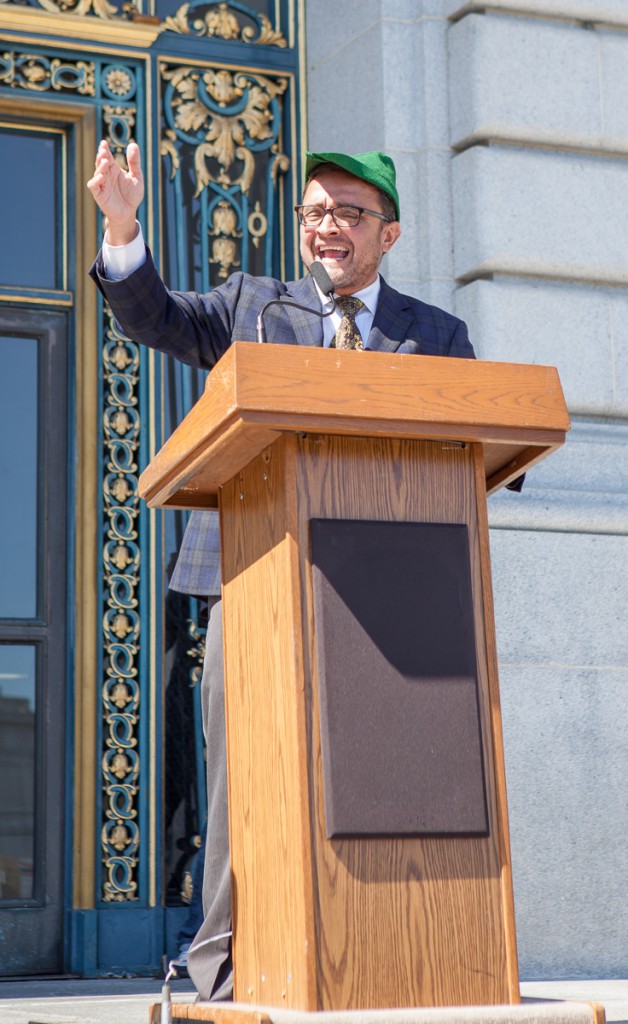
[Image: San Francisco Supervisor David Campos speaks at a podium outside City Hall.]
Many at the rally wore green Robin Hood-style hats, including San Francisco Supervisor David Campos, who joked that as a gay man he appreciated the fashionable color. The other supervisor who attended was Jane Kim, pictured at the top of this post. During her speech, a black man at the periphery of the crowd yelled continuously and angrily. I couldn’t make out exactly what he was saying, as I was wearing earplugs (as I do at most amplified events) and was trying to concentrate on the speech.
But I was irritated when someone near me made a comment about needing more funding for mental health services. Aside from being somewhat ableist (even if well-intentioned), I didn’t get the sense that this man was mentally ill, just very angry and frustrated. I didn’t think he was directing his comments at Supervisor Kim in particular, but when I got home I remembered that a petition I’d signed that morning, protesting the proposed fencing off of a public space in the Mission, was addressed to her specifically.
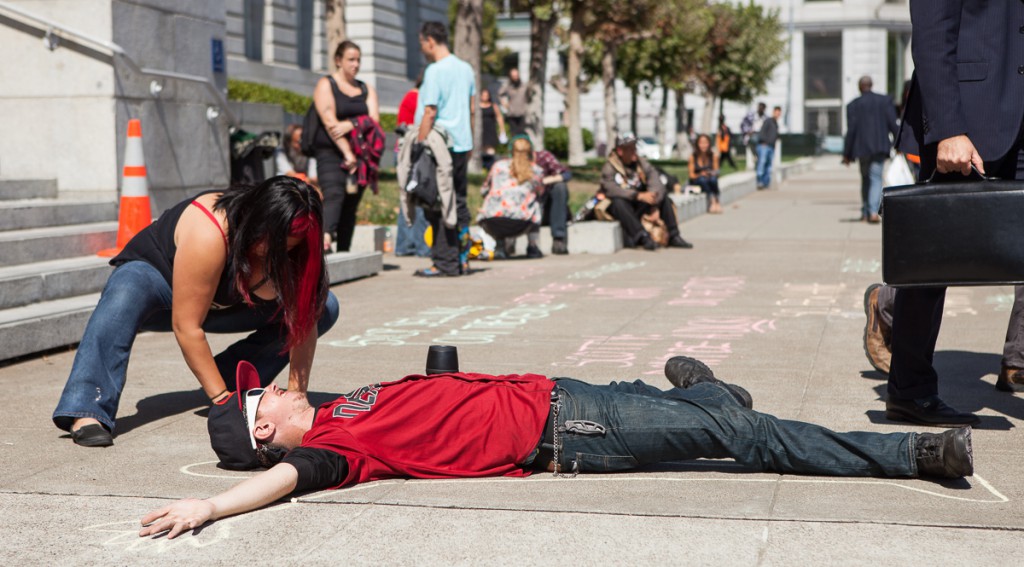
[Image: A person lies spread-eagled on the sidewalk while another person outlines their body with chalk.]
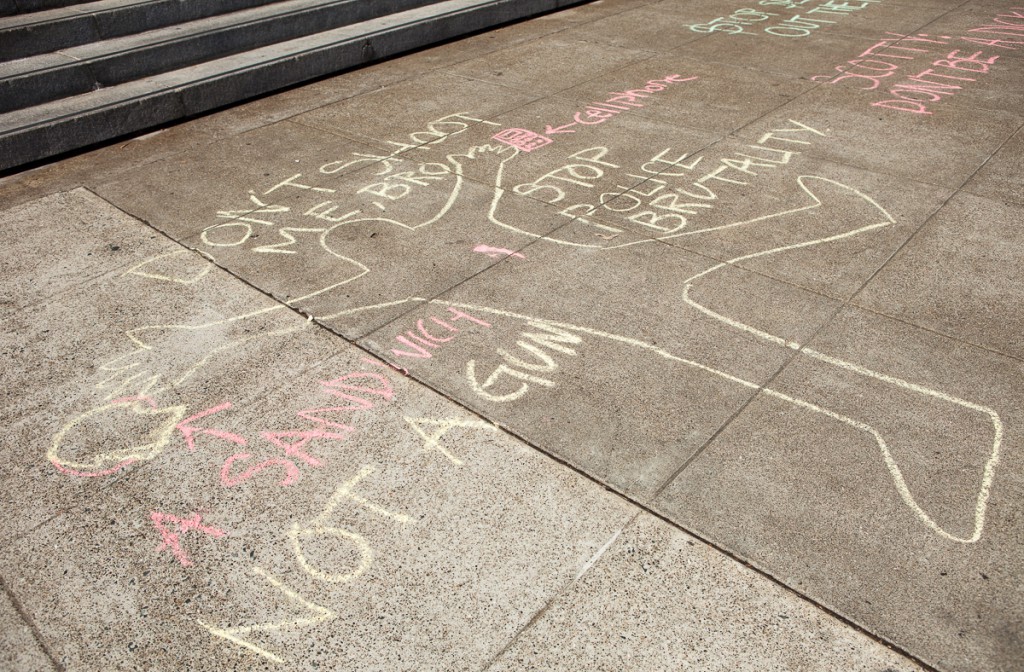
[Image: The outline of a body chalked on the sidewalk, holding a sandwich and a cell phone, with the words “Don’t shoot me, bro,” “A sandwich not a gun,” and “Stop police brutality.”]
Toward the end of the rally I watched some sidewalk chalk activism happening. In addition to statements against gentrification, police brutality was highlighted.
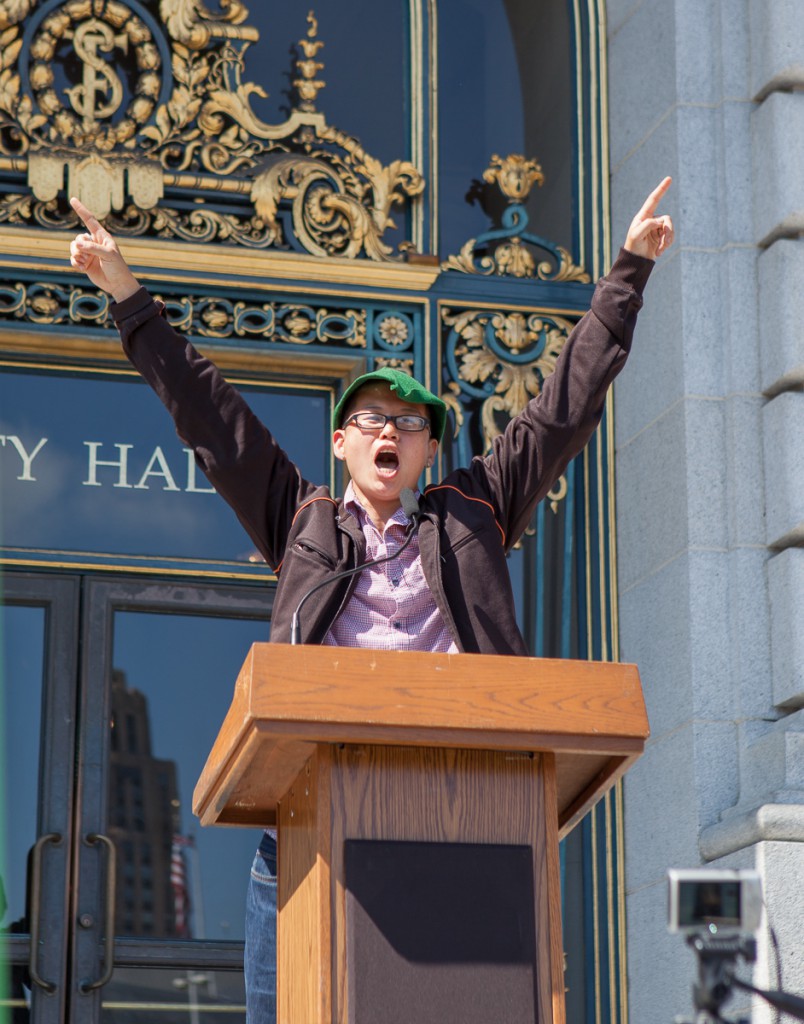
[Image: Kung Feng of Jobs with Justice speaks at a podium outside San Francisco City Hall, both arms upraised.]
This rally was the only part I attended of a full day of actions, which included a protest outside the home of investor Ron Conway and the occupation of a Planning Commission meeting. As far as the Robin Hood Tax, I need to read more about it, but I’m certainly not opposed to taxing Wall Street. As I’ve said before, I don’t think we’ll have any true equality until and unless we abolish capitalism, but I recognize that I’m saying this from the comfort of my rent-controlled apartment. People sleeping on the streets need relief now, so I’m open to listening to ideas on how to improve the situation under our current system of government.
As usual, I’ve uploaded the full gallery of photos from the event to Flickr. I will continue to keep an eye out for more social justice-themed events to attend and photograph.
